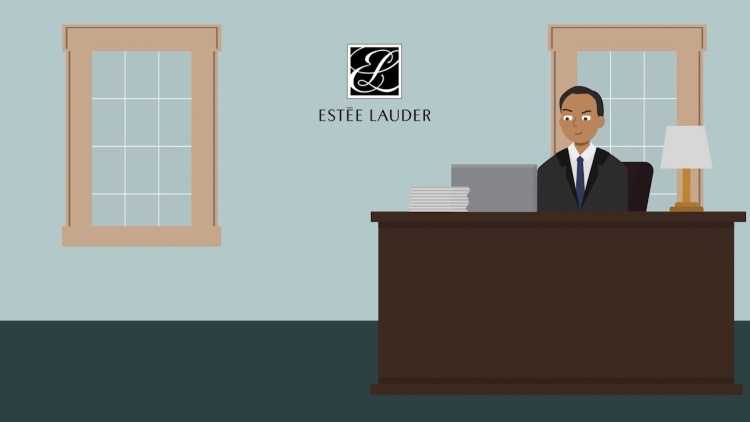Estee Lauder Cos., Inc. v. Batra
United States District Court for the Southern District of New York
430 F. Supp. 2d 158 (2006)

- Written by Sara Rhee, JD
Facts
In 2004, Estee Lauder Companies, Inc. (Estee Lauder) (plaintiff) hired Shashi Batra (defendant) as a manager for two skin-care brands owned by Estee Lauder named Rodan and Fields (R+F) and Darphin. Batra served as the senior executive responsible for all aspects of business, including product development and marketing. Estee Lauder entrusted Batra with worldwide responsibility for R+F. Pursuant to his employment agreement, Batra was subject to a non-compete provision that prohibited him from competing with Estee Lauder anywhere he had work-related responsibilities until one year after his employment terminated. The agreement provided that Estee Lauder would pay Batra his full salary during the period that the non-compete provision was in effect. The agreement contained a choice-of-law provision designating New York law as the applicable law to the agreement. All of Estee Lauder’s senior management, including Batra, were based in New York. In 2006, Batra resigned from Estee Lauder to work for a direct competitor of Estee Lauder. Batra thereafter filed suit in California state court for a declaratory judgment that the non-compete agreement was unenforceable under California law. Estee Lauder sought a temporary restraining order and a preliminary injunction preventing Batra from breaching the terms of the non-compete agreement.
Rule of Law
Issue
Holding and Reasoning (Sweet, J.)
What to do next…
Here's why 907,000 law students have relied on our case briefs:
- Written by law professors and practitioners, not other law students. 47,100 briefs, keyed to 996 casebooks. Top-notch customer support.
- The right amount of information, includes the facts, issues, rule of law, holding and reasoning, and any concurrences and dissents.
- Access in your classes, works on your mobile and tablet. Massive library of related video lessons and high quality multiple-choice questions.
- Easy to use, uniform format for every case brief. Written in plain English, not in legalese. Our briefs summarize and simplify; they don’t just repeat the court’s language.





